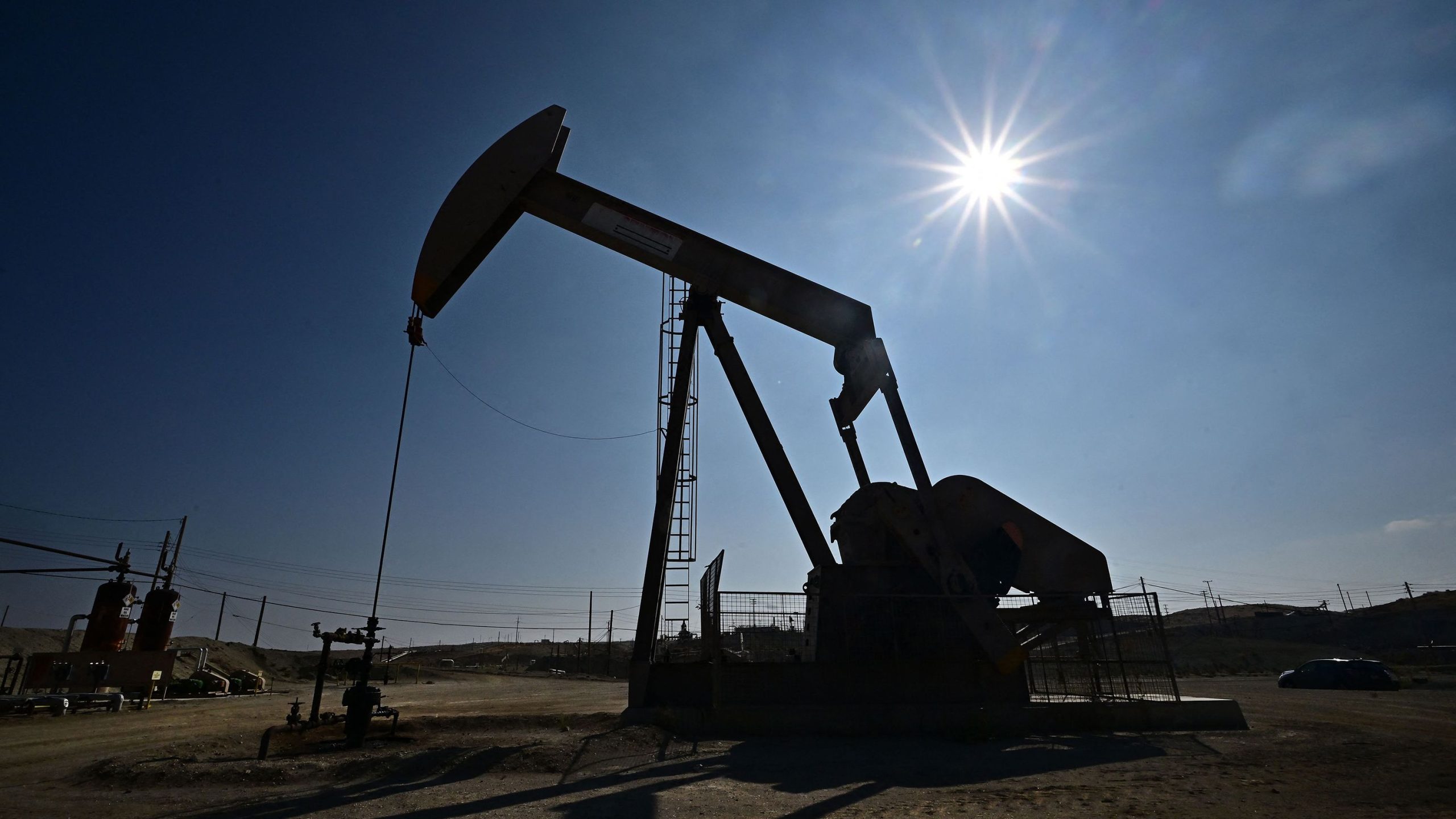U.S. crude oil prices surged by around 5% on Thursday, driven by mounting fears of a potential Israeli strike on Iran’s oil infrastructure in response to Tehran’s ballistic missile attack earlier in the week. President Joe Biden, when asked about the possibility of U.S. backing for an Israeli assault on Iranian oil facilities, provided an ambiguous response, indicating that discussions were ongoing but not confirming any immediate actions.
Despite his vague statement, the comment contributed to the upward momentum in oil prices, which have been rising for three consecutive sessions.
Analysts point to heightened geopolitical tensions as the primary catalyst for the price jump. Daniel Ghali, a senior commodity strategist at TD Securities, highlighted that the risks in the Middle East are at their highest since the Gulf War.
This fear of supply disruptions has driven U.S. oil prices up sharply, with West Texas Intermediate (WTI) spiking 5.5% earlier in the day to an intraday peak of $73.99 per barrel. For the week, WTI has surged about 8%, on track for its strongest weekly performance since March of this year.

Oil Prices Jump as Geopolitical Tensions Rise Over Possible Israeli Attack on Iran
Energy markets reflected this volatility with significant gains across various commodities. By the end of Thursday’s session, WTI’s November contract closed at $73.71 per barrel, representing a 5.15% increase. Brent crude, the global benchmark, followed a similar trend, rising 5.03% to $77.62 per barrel.
Other energy products also saw gains, with gasoline prices increasing by over 5% and natural gas rising by nearly 3%. While these figures indicate a strong rally, concerns over further supply disruptions continue to loom.
OPEC+ may act as a stabilizing force in the event of an Israeli strike on Iran. According to Claudio Galimberti, chief economist at Rystad Energy, the cartel holds enough spare capacity to offset potential disruptions in Iranian oil exports.
Bjarne Schieldrop, chief commodities analyst at SEB, agreed, suggesting that OPEC+ could step in to fill the gap left by Iran. However, this spare capacity is heavily concentrated in the Middle East, and a broader conflict could jeopardize the stability of oil supplies across the region.
The situation remains highly uncertain, with the risk of further escalation. If Israel targets Iran’s oil facilities, traders would closely monitor the Strait of Hormuz, a vital artery for global oil transportation.
Any disruption in this critical passage would significantly impact oil markets, adding a risk premium to prices. Schieldrop warned that in the worst-case scenario, where Israeli strikes severely affect Iran’s oil output and the conflict spreads, crude oil prices could skyrocket to as much as $200 per barrel.











































